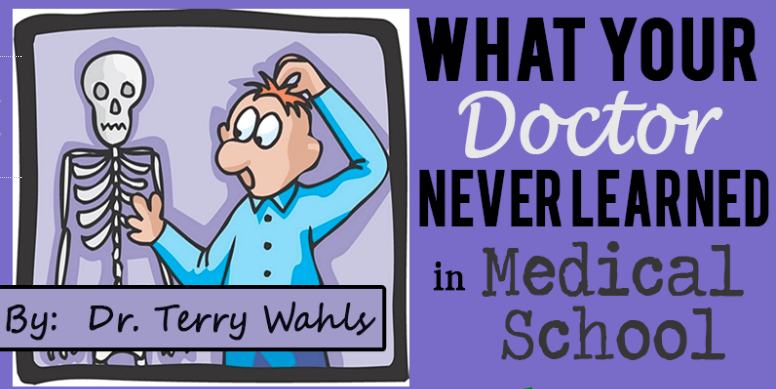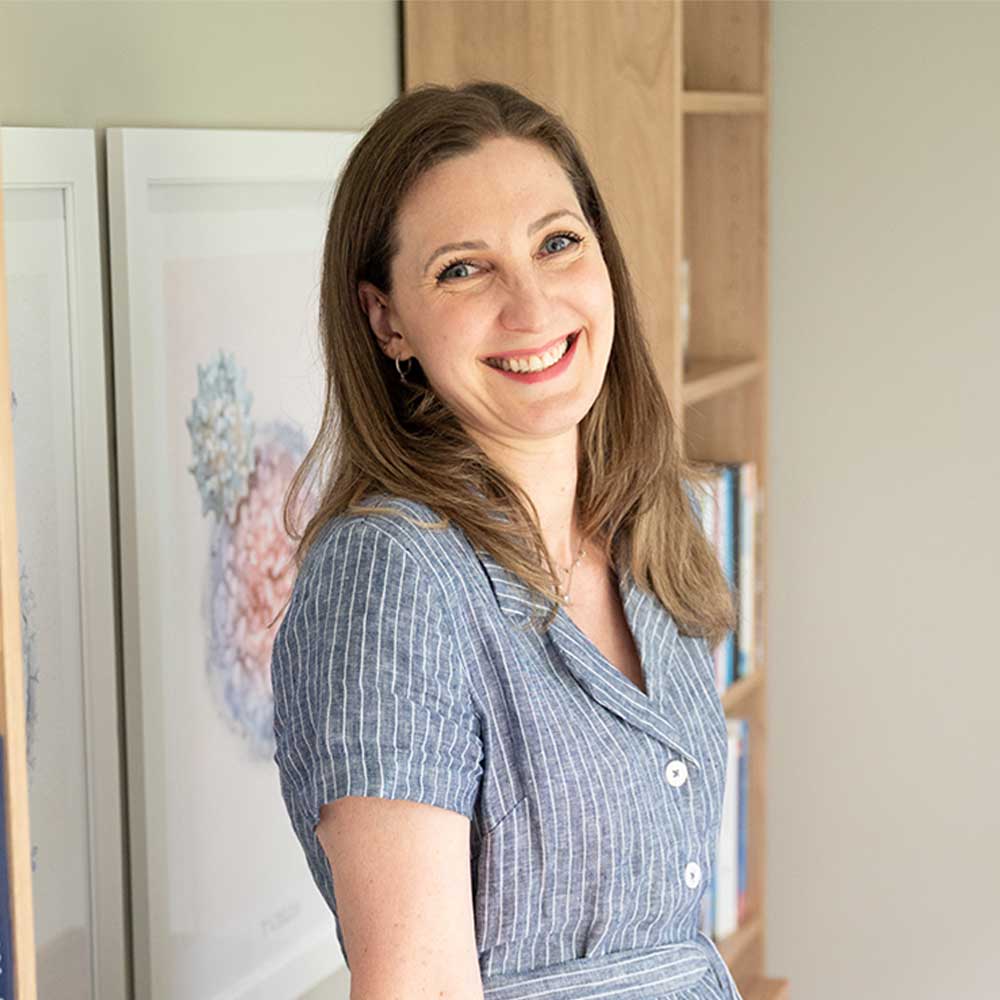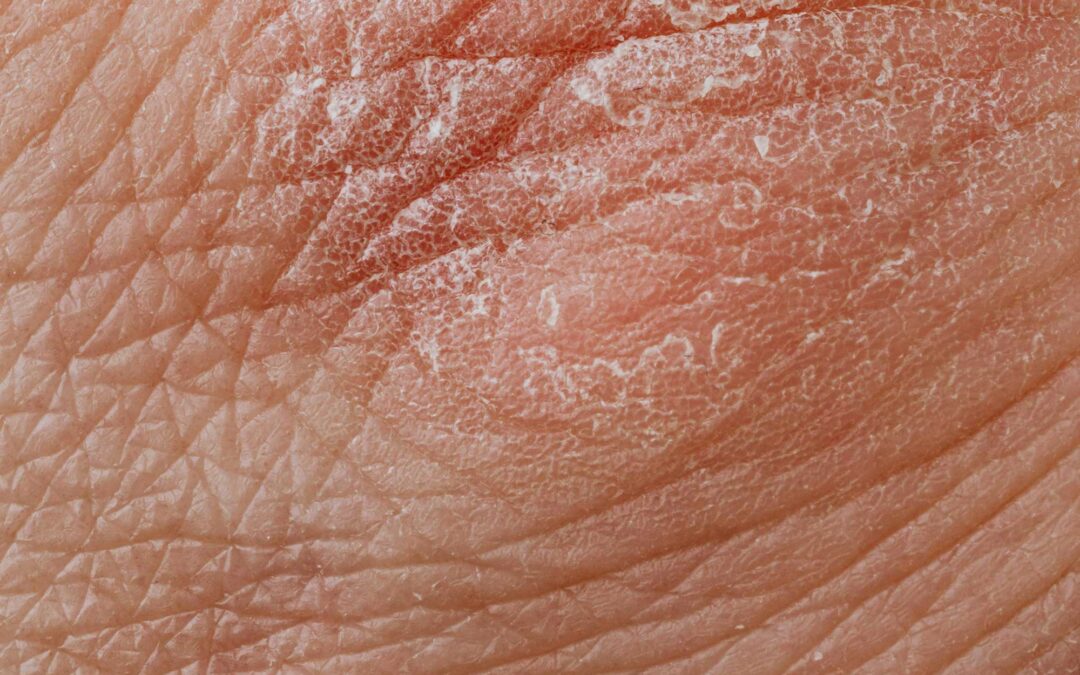There is an ancient Chinese proverb that goes something like this: The wise physician prevents disease, the mediocre physician treats impending disease, and the inferior physician treats disease. By those standards, I and my medical colleagues across America are mediocre to inferior. One hundred years ago, Thomas Edison, one of America’s most prolific inventors, said, “The doctor of the future will give no medicine but will interest his [or her] patients in the care of the human frame, in diet and the cause and prevention of disease.” Sadly, we are still waiting for that physician to arrive.
We physicians don’t understand that we should be focused on teaching our patients how to create health. Back in the 1980s when I went to medical school, I received very little nutrition education and unfortunately that hasn’t changed much. Few medical schools provide a separate nutrition course for their students. The majority of students receive fewer than 25 hours of nutrition education during their four years of medical school. Although medical students may have started medical school with a habit of daily exercise, stress-reducing activities, and cooking their own meals, by the time they complete their medical training the vast majority no longer engage in those health-promoting activities. And that means they aren’t teaching their patients to adopt a nutrient-dense diet and lifestyle habits as the most important interventions for restoring health.
Health depends on diet and lifestyle choices. Patients expect physicians to guide them toward appropriate interventions that will make them become well again. Unfortunately, physicians are focused on disease and symptoms, not on health creation. Here are the 5 key items that physicians generally don’t learn in medical school but are, at least to me, critical to good health:
Diet: How and why to eat a maximally nutrient-dense diet and reduce the risk of food sensitivities
Toxins: How toxins worsen disease and how to reduce the toxin load in your body
Exercise: How exercise encourages a healthier brain and body and improved mood
Social networks: How to build strong social connections that stimulate health-promoting behaviour
Vitamin D: Our skin makes vitamin D in response to sunlight. Avoiding sunlight can decrease vitamin D levels and markedly increase the risk of developing mental health problems, cancers, heart disease and more.
What physicians fail to emphasize to their patients is these small changes can make a big difference: no drug can create health in the absence of a diet and lifestyle that provides the building blocks for healthy cellular biochemistry.
Life is a series of deeply interconnected and self-correcting chemical reactions. If people know how to more fully support their cells through diet and lifestyle choices, their cells can perform these reactions correctly, repairing damage and reducing symptoms of disease, until people need fewer and fewer medications and finally none at all. Sadly, although I find more and more patients open to addressing their disease through diet and lifestyle choices, few medical students are taught these concepts. Fortunately, physicians are slowly increasing their interest in using diet and lifestyle interventions as part of their practice.
Terry Wahls
Dr. Terry Wahls is a clinical professor of medicine at the University of Iowa and assistant chief of staff at the Veterans Affairs (VA) Iowa City VA Hospital System. She sees patients in a traumatic brain injury clinic and a therapeutic lifestyle clinic.
She also is the author of Minding My Mitochondria: How I Defeated Secondary Progressive MS and Got Out of the Wheelchair and The Wahls Protocol: How I Beat Progressive MS Using Paleo Principles and Functional Medicine, (Penguin) released March 13, 2014.
Dr. Wahls has two adult children and lives in Iowa City, Iowa, with her wife, Jacqueline.
See Dr Wahls’ inspirational TED talk here:
Visit her website here: www.terrywahls.com






